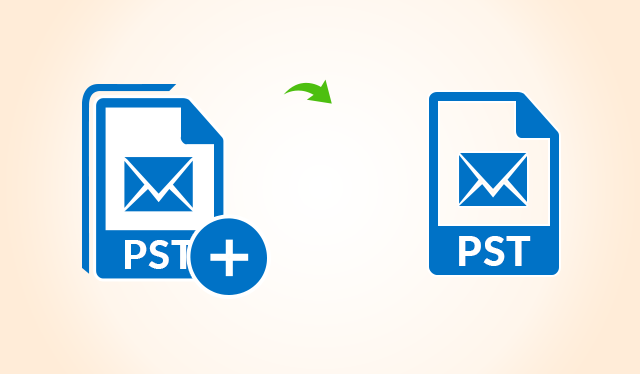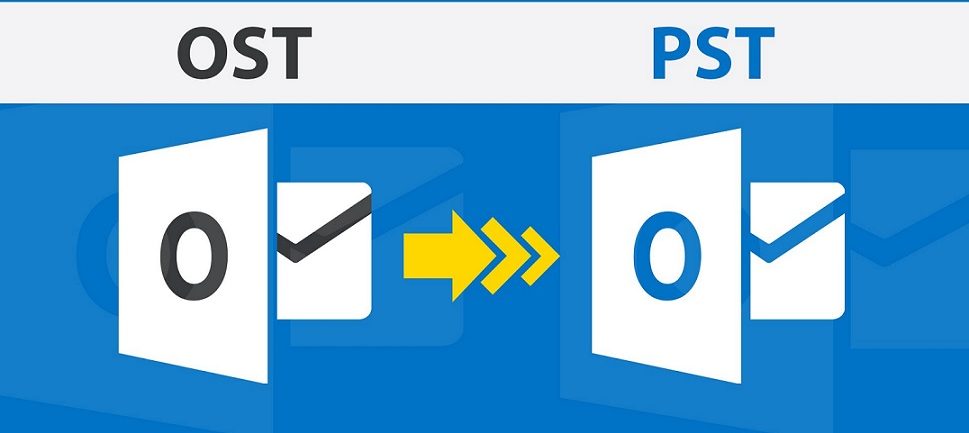The full form of CPD is Continuing Professional Development. This includes the most common way to follow up and gain the abilities, information and experience that you acquire officially and casually before any underlying preparation. It records what you learned, experienced, and what to apply afterward. The term CPD means an actual envelope or portfolio reporting your advancement as an expert.
A few associations use it for preparation or advancement plan, this article is tied in with Continuing Professional Development as a course of recording and pondering learning and improvement.
CPD empowers figuring out how to become cognizant and proactive, rather than reactive and passive. CPD is the all-encompassing responsibility of experts towards the improvement of individual abilities and capabilities all through their careers.
CPD consolidates various approaches to learn, like preparing training workshops, gatherings and occasions, e-learning programs, best practice procedures, and thoughts sharing, These all engaged to improve and have effective professional development.
What is CPD for?
The CPD process assists you in dealing with your advancement on a continuous premise. Its work is to help you record, survey, and think about what you learn. It is a checkbox report recording the courses and content you have completed. It is more extensive than that. It also gives an overview of required development.
Let’s find out the difference between Training or Development?
These terms are frequently utilised similarly however, there is a difference. Training is formal and straight. It includes figuring out how to accomplish something explicitly by identifying with abilities and capabilities.
Preparing can be straightforward and difficult, depending upon your dedication. Development is frequently casual and has a more extensive application, giving you the instruments to do a scope of things by identifying with capacity and ability. It includes further development, mature or difficult understanding. In addition, CPD leads to enlarging your scope. It also facilitates the proper arranging of the data to manage the projects efficiently.
Also Read : Digitized Education In Covid
The key Points of CPD course.
- Encouragement to better career path.
- Self-Coordinated: Driven by you, not from any other person
- Well Focused on Learning from Review and Reflective Experience.
- Helps you with defining advancement objectives and destinations
- Include both casual and formal learning.
How is CPD Useful for you?
CPD may be a requirement of membership of a Professional Body. It helps you with reflecting, auditing, and reporting your learning and to create and refresh your expert information and abilities. It is additionally useful to:
- Give an outline of improvement in your profession.
- Help you to review your accomplishments and how far you have advanced.
- Direct your profession and help you to keep focus on your objectives.
- Remove gaps and help to achieve the required abilities.
- Open up the required additional improvement.
- Set examples to CV or interview
- Exhibit your professionalism in front of your employers and clients
- Helps you with your professional improvement
- Helps you in providing the right direction to your career.
How would I begin?
Keep a learning log and record your considerations in the manner which suits you best. You might think that it is useful to record details, For Example, or to make notes on bits of knowledge and main points of learning. With this method of writing involved with composing it makes you think about your experiences and makes arranging and reflection a lot simpler. You can not review your experiences without recording them. But your memory is.
Below Questions and Answers will Help You to Get Started
Where am I now?
Audit and ponder any learning experiences over the earlier months or years. Record your contemplations concerning what you have learned, what bits of knowledge you gained. You should incorporate both formal training and casual learning. This may include:
- Learning from friends or shared learning from networking
- Finding out new techniques for working
- Upgrade with any administrative changes
- Getting shadowing from an experienced colleague
- Bits of knowledge and taking in focuses from coaching and tutoring
- Reflections, and taking another responsibility
- Role change or organizational
- Impermanent job swaps inside the office/association
- Assigning or covering for colleagues
What can you do for your progress?
- Lessons and experiences from mistakes
- Lessons from events or critical incidents
- Make a note of any results of each learning experience and what improvement it has made to you, your colleagues, your understudies (if important), or your employer.
Where would I like to be?
Record your targeted career goals – where you need to be in 2, 5, and 10 years. Then, at that point, a record of close to three attainable and specific goals, including the dates by which you need to accomplish them.
What do I need to do to reach there?
Focusing on your overall career objectives make a note of what you want to do to accomplish them. This could incorporate further preparation, position, job movement, or changes in direction.
For more limited-term goals, incorporate the initial step – what you can do today or tomorrow. Let’s take an example, stopping for a moment to talk with your chief with regards to another obligation or looking into new techniques from colleagues who have an insight into it.
When would it be advisable for me to review progress?
Now, this is an important step. You’ll have to mark the calendar ahead of time to review the goals you’ve set yourself. You can either do this starting with one review then onto the next or choose to audit routinely. Put it in your record book and do it! The pattern of continuing professional development has started.
Prepared to begin?
Download this convenient Interactive CPD Toolkit for an organized and step-by-step way to deal with your professional development.
Author Bio:
Writer Is the founder and president of Bizfist, He is an enthusiastic and passionate content writer having 5+ years of experience in content writing and former blog contributor at Smart CPD Solutions










